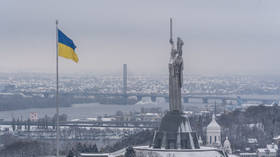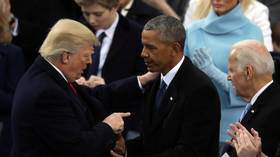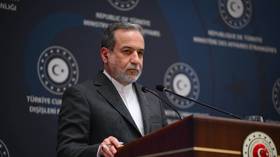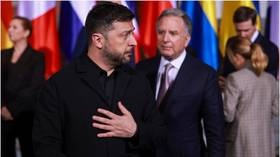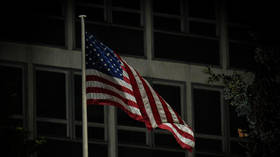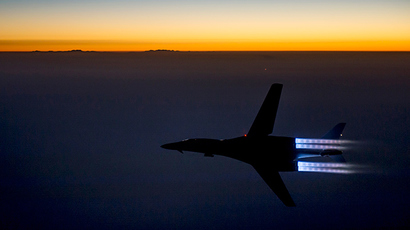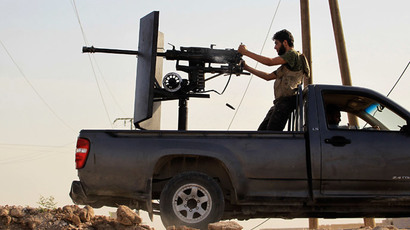‘Even animals don’t do it’: Kobani siege survivors on ISIS brutality
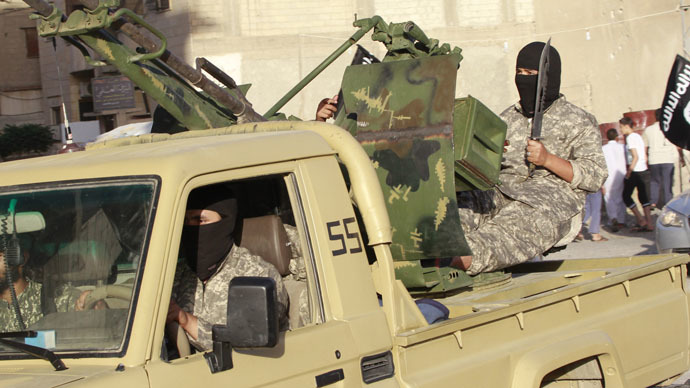
A Kurdish activist and his wife, who have witnessed ISIS atrocities in Kobani for several months and documented some on photo and video, met RT’s Murad Gazdiev to speak about what they’ve seen.
On the ISIS front line with RT's correspondents
Bazran Halil, a Kurdish rights activist and freelance journalist briefly crossed into Turkey with his wife from Kobani for an interview. His laptop is full of graphic videos, lending credence to rumors of the Islamic State’s (IS, or ISIS, or ISIL) trademark brutality.
“There was a man with Down Syndrome,” he says. “He couldn’t understand the situation, to flee, or to run away from the frontline. When ISIS arrived they beheaded him and took photos, shared them on social media and said ‘we killed an atheist, a Kaffir’.”
Bazran alleges the IS militants used chemical weapons. To prove
the case, he provided pictures from a Kobani morgue with bodies
reportedly burnt by white phosphorous.
No matter how small the injury, death is almost certain,
according to the activist, who says the victims literally burn
from the inside out once the chemical enters their blood stream
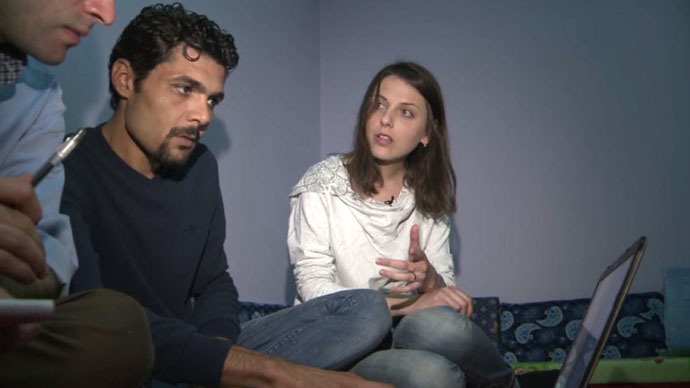
Bazran’s wife, Raushan, says it’s horror not merely fear, which the IS inspires in Syrian.
“For smoking, they chop your fingers off,” she says. “Drinking is punished by jail. And if a woman is seen in the company of a man who is not her relative, she is stoned to death.”
#kurds clearing #kobani after #IslamicState retreat. Booby traps, suicide bombers left by IS make hard going. Some Jihadists still in kobani
— Murad Gazdiev (@MuradoRT) October 18, 2014
Raushan also described the way the Islamic State trains new fighters.
“In May, 9th year pupils went to Aleppo for
examinations,” she said.
“The Jihadists kidnapped all the boys, confined them to a
mosque and made them study Sharia Law. Those who did not learn
the Koran quickly enough were shocked with electric cables.”
“Animals never do this,” Bazran concludes.
Having spent a week in Turkey, Bazran and his wife are now
heading back to Syria to continue their journalist work in
Kobani, which, despite having been retaken by Kurdish forces this
week, is far from peace and stability.



